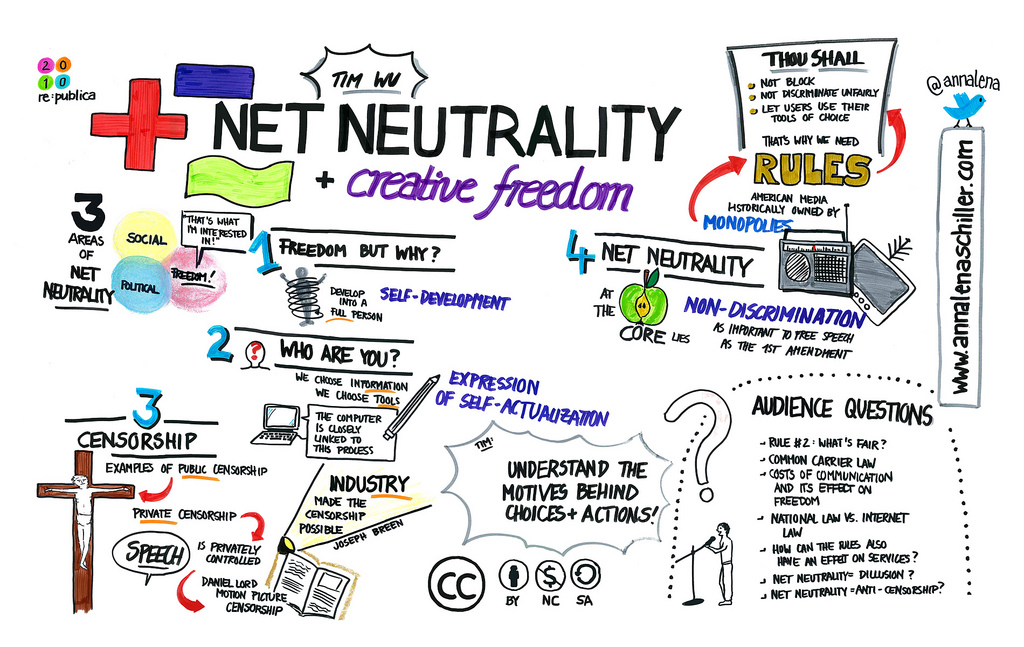Canadian digital policy over the past decade has been marked by a “made-in-Canada” approach that ensures consistency with international law but reflects national values and norms. On a wide range issues – copyright rules, net neutrality, anti-spam legislation, and privacy protection among them – the federal government has carved out policies that are similar to those found elsewhere but with a more obvious emphasis on striking a balance that includes full consideration of the public interest.
My Globe and Mail opinion piece notes that as with many issues, the burning question for the Liberal government is whether the Canadian digital policy approach can survive the Donald Trump administration. Trade pressures are likely to present Canada with an enormous challenge in maintaining its traditional policy balancing act since the United States is already using tough talk to signal demands for change. This suggests that many Canadian policies will be up for negotiation, although there are some potential opportunities that reside outside of the trade talk spotlight.












